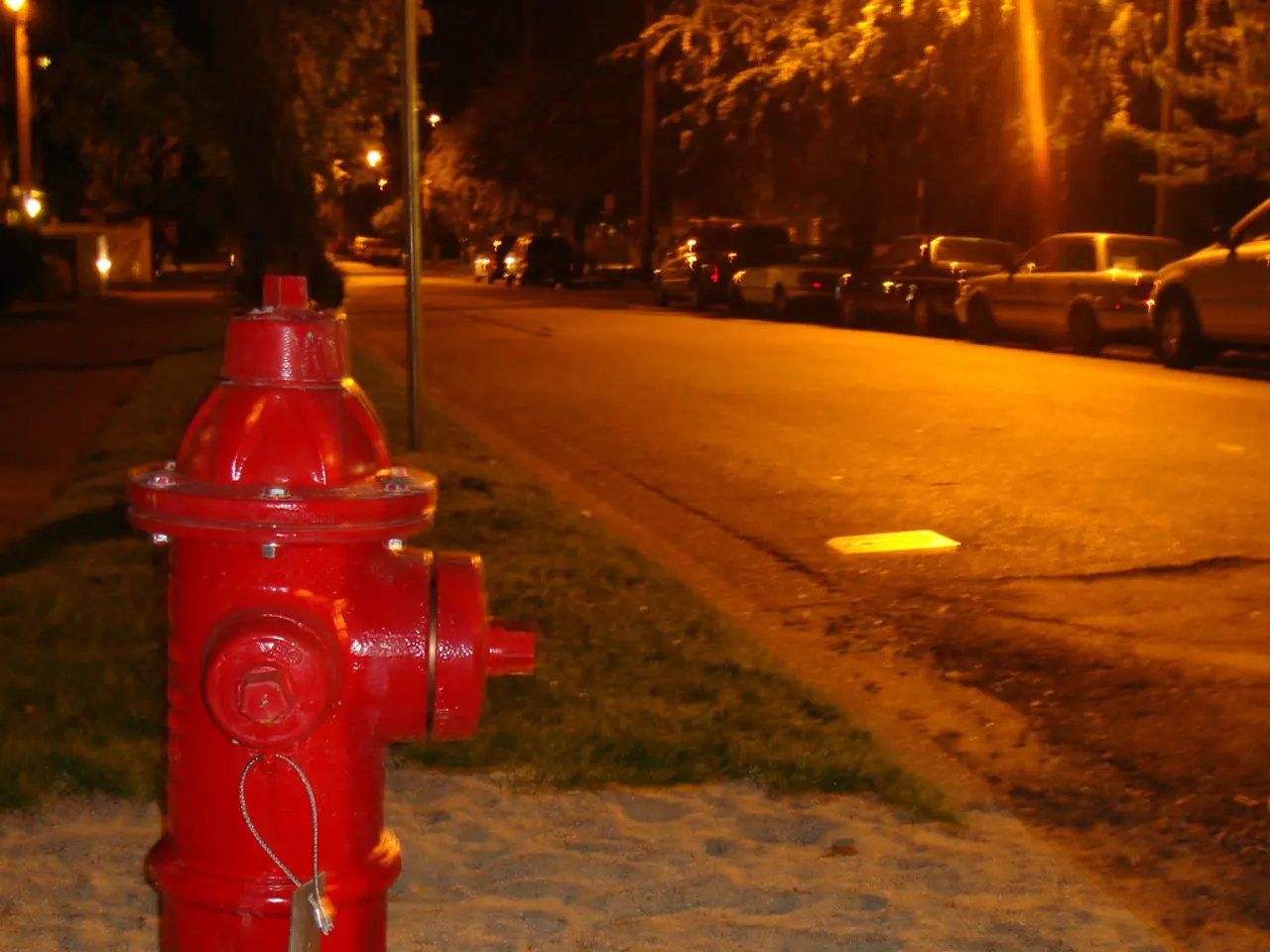Census Results Reveal Destinations of Bavaria's Populace - The location of the Bavarians is unknown.
The census conducted by the Federal Statistical Office has been a subject of contention for several municipalities in Germany, particularly in Bavaria. According to available data, there is no documented evidence of legal challenges from Bavarian and German municipalities against the results of the recent census.
The discrepancy between the population numbers recorded by the registration offices and the census has cost the municipality of Emmering near Fürstenfeldbruck 3.2 million euros over the past ten years. This discrepancy, which is not uncommon, is attributed to various factors such as expected errors and discrepancies in data collection.
In Bavaria, half of all municipalities report a loss of around two percent of their residents according to the census. In fact, 15 Bavarian municipalities lose more than ten percent of their residents, as per the census results. These deviations have significant implications, as the population numbers determined by the census are crucial for the funds from the communal financial equalization.
The Federal Statistical Office consciously accepts these differences between the population numbers of the registration offices and the census to ensure a uniform census across the country and to limit costs. The census method involves questioning about 10% of the population about their living situations, and the number obtained may deviate from the actual population number in individual cases.
Interviewers visit people to determine the actual number of residents, but whether this will lead to fewer discrepancies between the registration offices and the census remains to be seen. The results are extrapolated using a scientific method.
Thomas Goessl, head of the Bavarian State Office for Statistics, has stated that the method of the census is currently being developed to switch to a fully register-based model. This shift aims to provide more accurate and consistent data in the future.
However, it is important to note that municipalities are not allowed to receive information from the federal authority about specific incorrect entries in their registers. This lack of information has led some municipalities to file lawsuits against the results of the census.
Despite extensive online searches, there is no information regarding legal challenges from Bavarian and German municipalities against the results of the recent census conducted by the Federal Statistical Office. If you require detailed or up-to-date information on this specific matter, consulting official statements from the Federal Statistical Office or Bavarian municipal authorities might be necessary.
The Free State of Bavaria, with its 2,056 municipalities, has a significant stake in the resolution of these discrepancies. All owners of apartments or houses are mandatorily required to answer questions during the census, but the resolution of the legal challenges could potentially lead to more accurate and consistent data, benefiting all municipalities in the long run.
- The discrepancies between the recorded population numbers and the census results in Bavaria have sparked discussions about the need for policy-and-legislation changes regarding the community institution of the census, as securing accurate vocational training funding and ensuring fair communal financial equalization hinges on accurate population numbers.
- Given the recent census's impact on funding and the importance of accurate data for Bavarian municipalities, the shift towards a fully register-based model in census methodology, proposed by Thomas Goessl, head of the Bavarian State Office for Statistics, could be a key development in the politics of statistics and general-news, potentially reducing discrepancies and providing more consistent data for all municipalities in the future.






